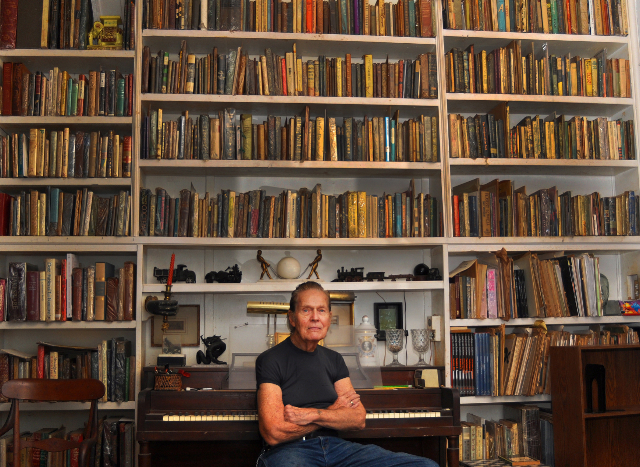The Long Poem
by Kirby Congdon….

We have a tradition of the long poem as an historical account in ancient history on through to the contemporary meditative reflection. A cousin of mine, around 1944, could recite Hiawatha (1855) by Longfellow. Few people outside of the schools have even read any long poem today. As a nation we tend to be more used to quick entertaining accounts of recent events. The pat answers in our formal education seem to get more respect than the curious inquiry. However, once a poet gets familiar with his medium he begins to speculate on larger ideas. He or she may gravitate rather easily toward the long poem. Arthur Rimbaud, Wallace Stevens and Robert Lowell move in this direction while James Joyce, Ezra Pound and James Merrill have produced book-length poems. John Ciardi translated Dante’s monumental work and the Latin poets, like Lucretious, and Homer are kept alive for every generation with new attention to their lives’ work. Even a life’s collection of work like that of Ovid or Sappho, has sometimes become in effect long poems as we translate and modernize their complete poems for more than one civilization as that work survives through whole centuries of literature. This sense of survival through history suggests the depth of outstanding poets and while they are studied, rather than spontaneously read, their voluntary dedication to creative activity is a background for artistic standards that go beyond those that even the most sophisticated schools would like to to provide.


